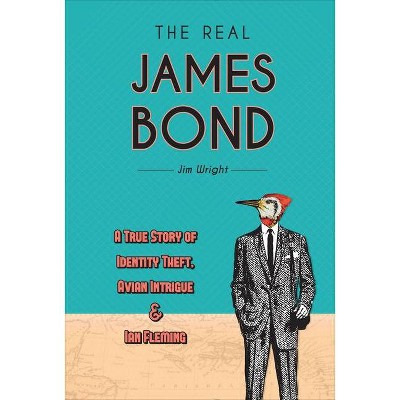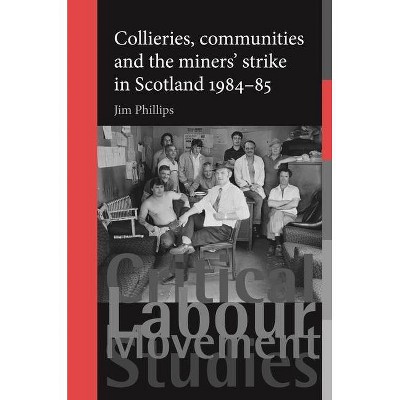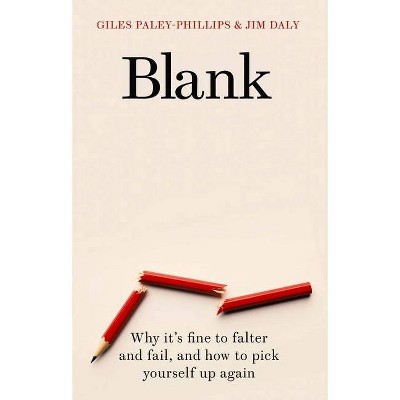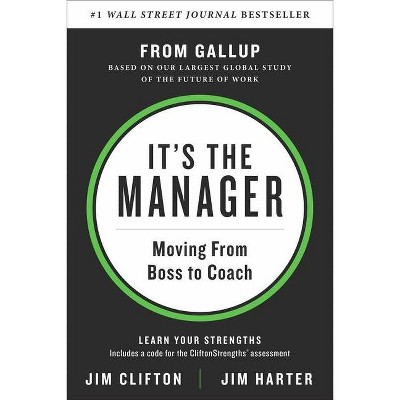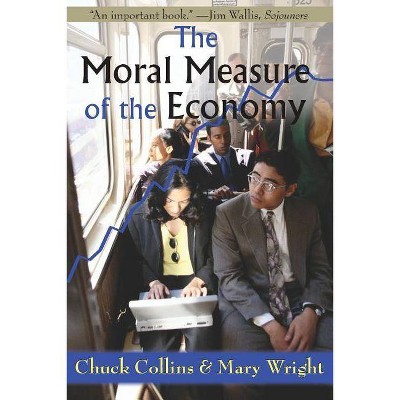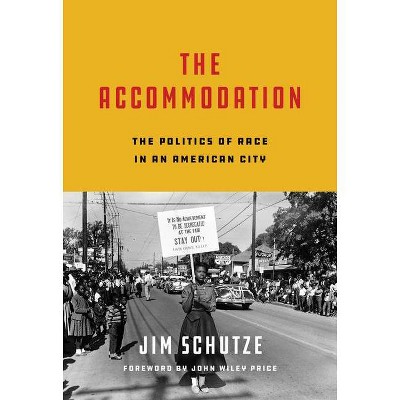Deindustrialisation and the Moral Economy in Scotland Since 1955 - by Jim Phillips & Valerie Wright & Jim Tomlinson (Hardcover)
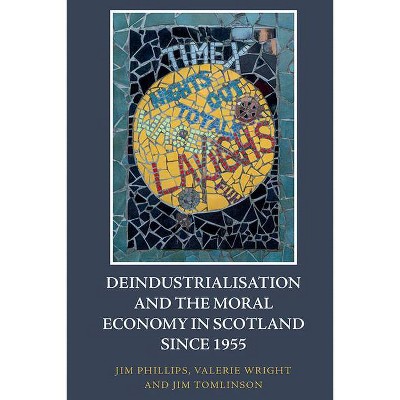
Similar Products
Products of same category from the store
AllProduct info
<p/><br></br><p><b> About the Book </b></p></br></br><p>Exploring the social, cultural and political implications of deindustrialisation in twentieth-century Scotland </p><p/><br></br><p><b> Book Synopsis </b></p></br></br><p>Deindustrialisation is the central feature of Scotland's economic, social and political history since the 1950s, when employment levels peaked in the established sectors of coal, shipbuilding, metals and textiles, along with the railways and docks. This book moves analysis beyond outmoded tropes of economic decline and industrial catastrophe, and instead examines the political economy of deindustrialisation with a sharp eye on cultural and social dimensions that were not uniformly negative, as often assumed.</p> <p>Viewing the long-term process of deindustrialisation through a moral economy framework, the book carefully reconstructs the impact of economic change on social class, gender relations and political allegiances, including a reawakened sense of Scottish national identity. In doing so, it reveals deindustrialisation as a more complex process than the customary body count of closures and job losses suggests, and demonstrates that socioeconomic change did not just happen, but was influenced by political agency.</p><p/><br></br><p><b> From the Back Cover </b></p></br></br>Exploring the social, cultural and political implications of deindustrialisation in 20th-century Scotland Deindustrialisation was a long-running process in Scotland, managed carefully by policy-makers in the 1960s and 1970s, and recklessly in the 1980s and 1990s. This book uses unpublished documentary sources from industrial sectors to relate Scottish Home Rule to long-running debates about economic security and working-class welfare, and examines the experiences of deindustrialisation in Scotland in terms of gender, class and community. Political and industrial changes are linked through a two-part integration of themes and case studies. Part One elaborates understanding of deindustrialisation: in global terms; within the moral economy framework; and as a phased and politicised phenomenon. Part Two examines the working-class moral economy of deindustrialisation in action through case studies: shipbuilding, with Fairfields shipyard in Govan; motor manufacturing, with the Linwood car plant in Renfrewshire; and watchmaking and electronics sub-assembly, with Timex in Dundee. The book concludes its long chronological sweep with an analysis of deindustrialisation since the 1990s. Jim Phillips is Professor in Economic and Social History at the University of Glasgow. Valerie Wright is Research Associate in History at the University of Glasgow. Jim Tomlinson is Professor in Economic and Social History at the University of Glasgow.<p/><br></br><p><b> About the Author </b></p></br></br><p>Jim Phillips is Professor in Economic & Social History at the University of Glasgow, and author of <i>Scottish Coal Miners in the Twentieth Century</i> (Edinburgh University Press, 2019). <p>Valerie Wright is Research Associate in History the University of Glasgow, and co-author of <i>High-Rise Homes, Estates and Communities in the Post-War Period</i> (Routledge: London, 2020). <p>Jim Tomlinson is Professor in Economic & Social History at the University of Glasgow, and author of <i>Managing the Economy, Managing the People. Narratives of British Economic Life from Beveridge to Brexit</i> (Oxford University Press, 2017).<p>
Price History
Cheapest price in the interval: 110 on November 8, 2021
Most expensive price in the interval: 110 on December 20, 2021
Price Archive shows prices from various stores, lets you see history and find the cheapest. There is no actual sale on the website. For all support, inquiry and suggestion messagescommunication@pricearchive.us
